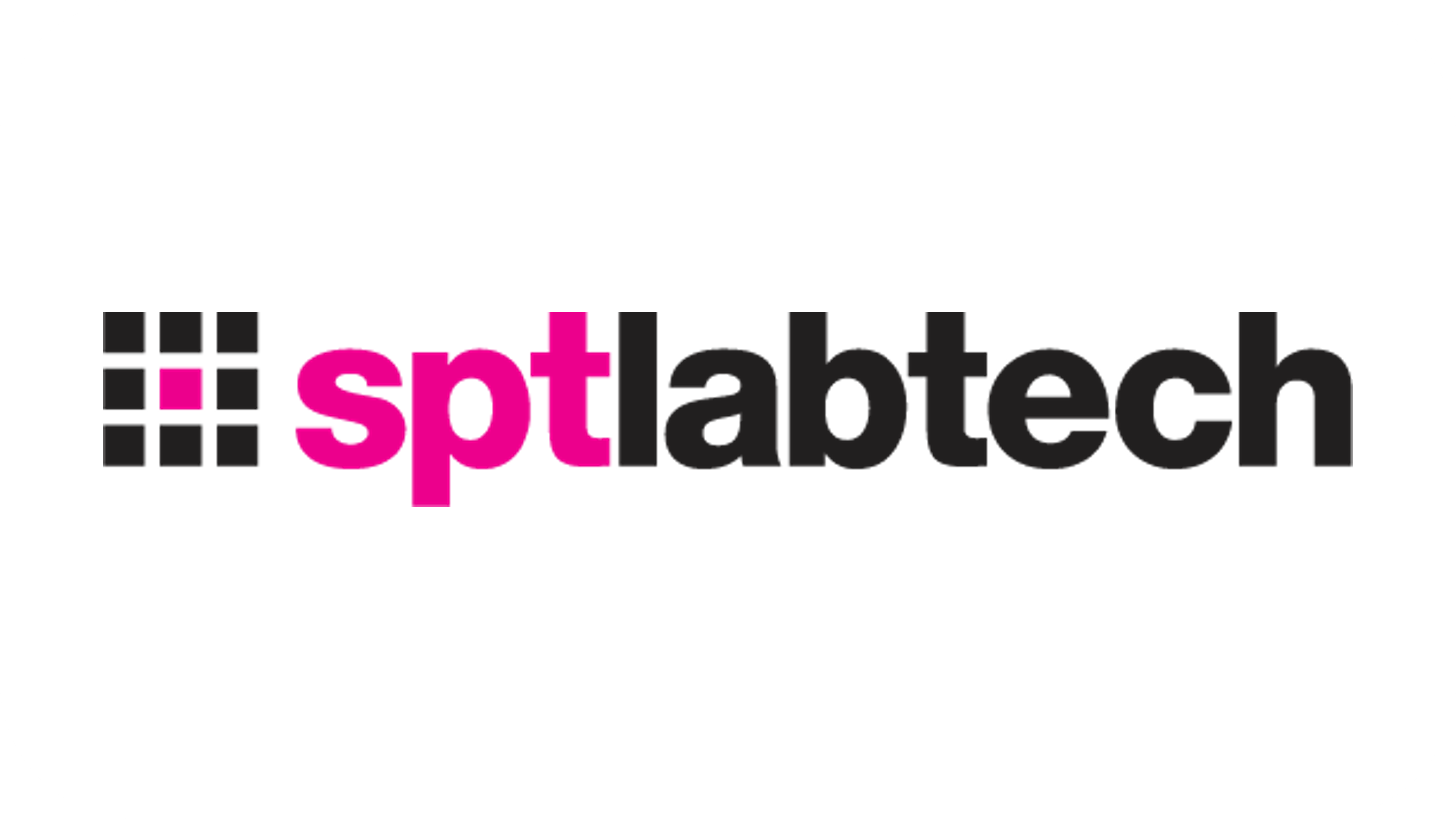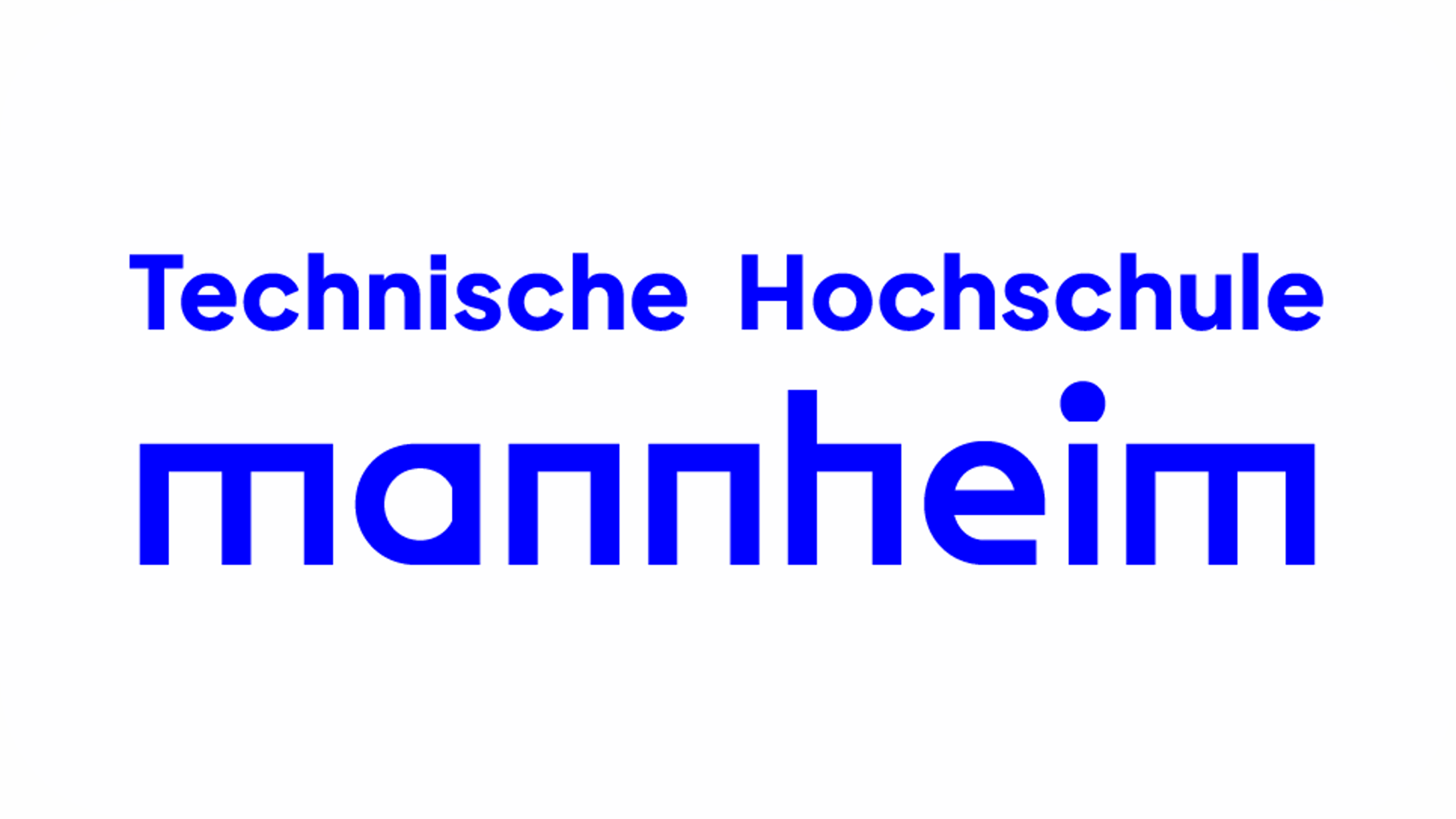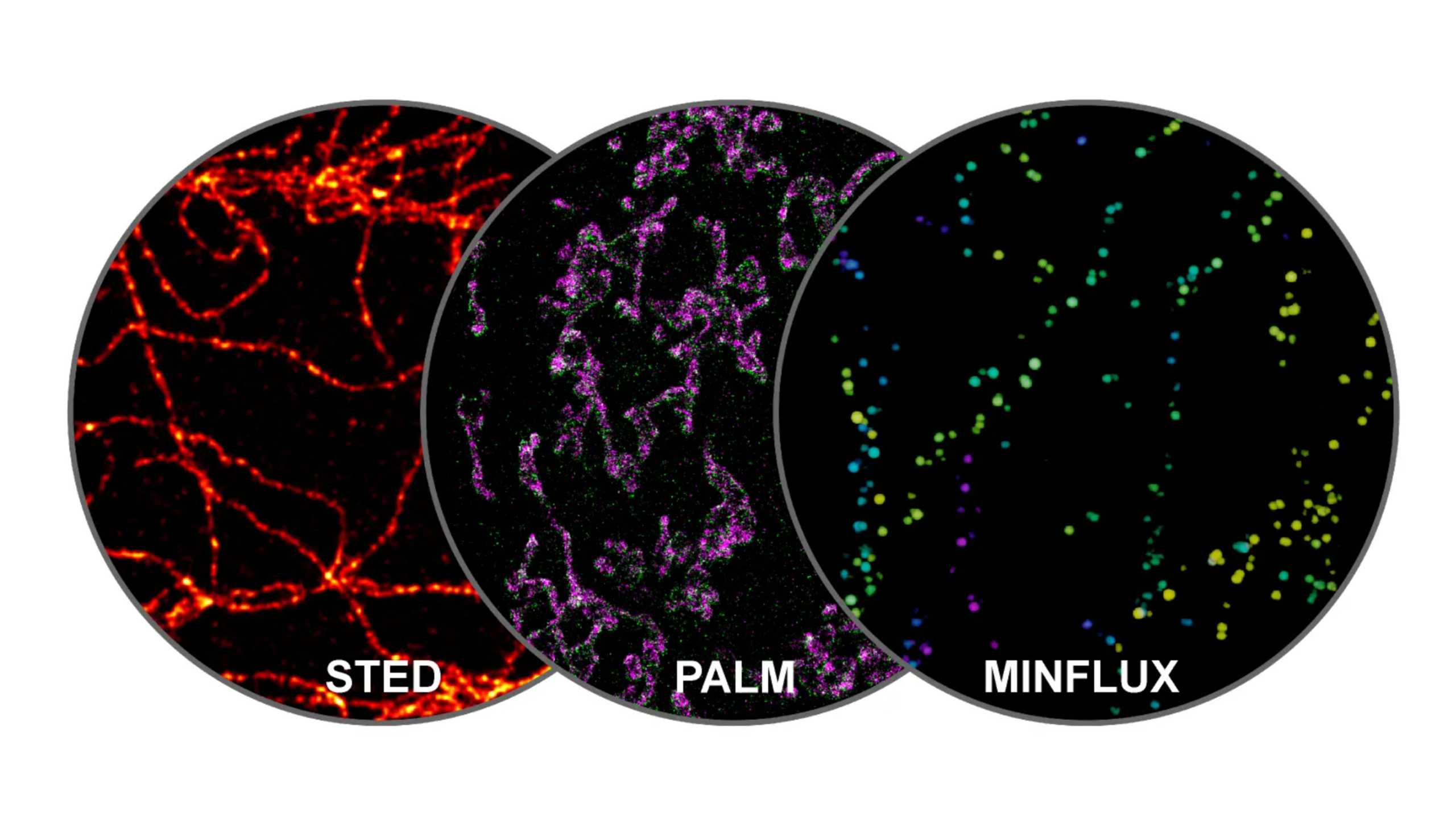Funding for globally accessible rapid identification of tumor cells

A combination of new laboratory technology and artificial intelligence is set to make the rapid and precise differentiation of subgroups of brain tumours widely available. An international research group led by Professor Dr. Dr. Felix Sahm from the Department of Neuropathology at Heidelberg University Hospital and the Heidelberg Faculty of Medicine at Heidelberg University is working on this. The project is being funded by the Federal Ministry of Education and Research with around one million euros as part of an EU call for tenders. The aim is to be able to reliably select the most suitable cancer therapy for patients with brain tumours worldwide in the future.
The international team of the project “DC2M-TAEC: Detection, Classification, Characterization and Treatment Monitoring of Tumors by Accessible Epigenetic Classification” can look forward to funding of approximately one million euros. The researcherswant to develop methods to determine the type of brain tumour more quickly and easily worldwide. At the same time, it should be easier in future to find out how doctors can treat the tumour in a more targeted and effective way by determining which therapies the tumour is resistant to. The coordinator and spokesperson for the overall project is Professor Dr. Dr. Felix Sahm, Deputy Medical Director of the Department of Neuropathology at the Institute of Pathology at the Heidelberg University Hospital (UKHD). Oslo University Hospital in Norway, Acibadem University in Istanbul, Turkey, and the University Health Network in Toronto, Canada, are also involved.
Optimizing procedures
The scientists are building on an AI-supported molecular diagnostic procedure already developed in preliminary work at the UKHD and the Heidelberg Medical Faculty of Heidelberg University (MFHD), the Hopp Children’s Tumour Centre Heidelberg (KiTZ) and the German Cancer Research Centre (DKFZ): In this method, an algorithm reliably diagnoses and classifies tumor material based on the methylation of cancer cells, i.e. chemical changes in their DNA. “The software is already freely available worldwide for scientific purposes, but the collection of data to be fed into the software is still lengthy. With DC2M-TAEC, we will develop a faster and more accessible method,” says Professor Sahm. “The aim is to make the analysis results from the tissue samples available very quickly, if possible during the operation itself.” To do this, the team combines the previously developed methylation classifier with nanopore sequencing. This special DNA analysis method uses specific voltage changes to precisely identify each of the four building blocks (bases) that make up DNA, and therefore also the respective DNA sequence of the tumour cells. By optimally combining the methylation classifier and nanopore sequencing, the experts will be able to set up the relevant laboratories “much more cheaply and quickly in future. The analyses themselves can also be carried out more quickly”’ explains Sahm. In addition to an existing prototype, the project aims to enable regular use during surgery, but also on other samples such as nerve fluid.
Further development of various aspects
The Heidelberg group will focus on the bioinformatic aspects of methylation classification and adapt its algorithm to accept different data types as input. In addition, the researchers will test and optimise the classification tool for the analysis of individual, isolated DNA nanopore data in order to investigate epigenetic changes in and around the tumour over time. The colleagues in Oslo are optimising sample preparation and sequencing for classification during surgery. The team from Istanbul will test whether the procedure can be easily implemented in low- and middle-income countries. The researchers from Toronto will further develop Nanopore sequencing for the analysis of liquid biopsies, for example blood samples or spinal fluid, to enable accurate tumor classification before surgery.
EU call for tenders with BMBF funding
The DC2M-TAEC project is scheduled to start on March 4, 2025 and will run for five years. The concept was successful in the TRANSCAN-3 call for proposals of the European Union (EU), which funds research projects in the field of cancer diagnostics and therapy on an annual basis. The German Federal Ministry of Education and Research is the funding agency in Germany. In coordination with the EU, a total of 13 projects were selected, which together will receive almost €17 million. The aim of all of them is to transfer findings from so-called cancer epigenetics into clinical practice. Epigenetics deals with factors that influence the activity of genes without altering the genetic material itself.




